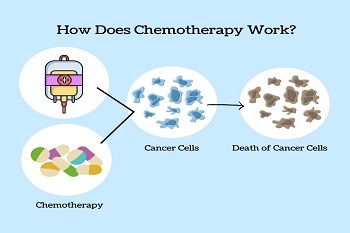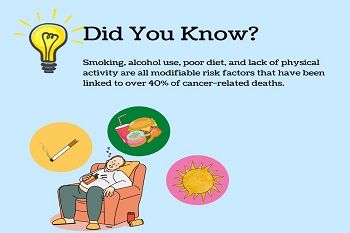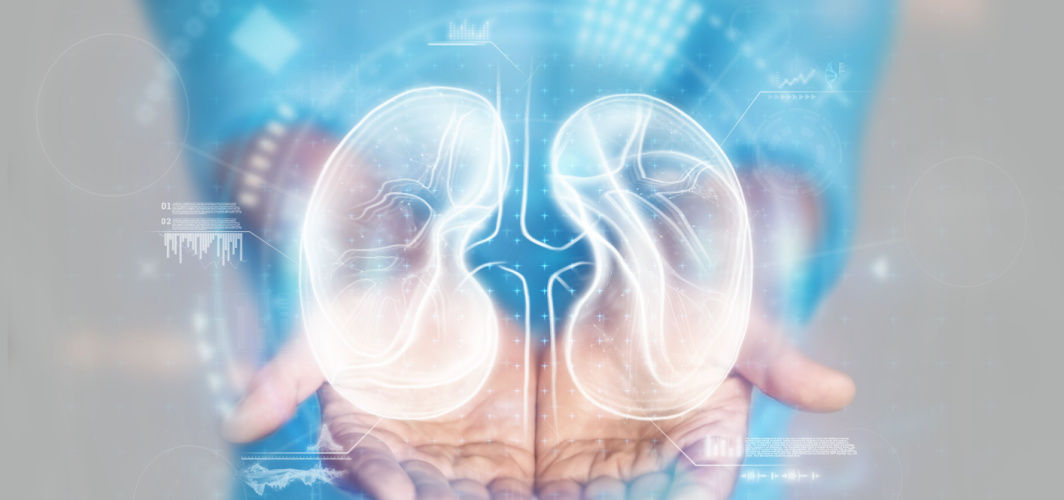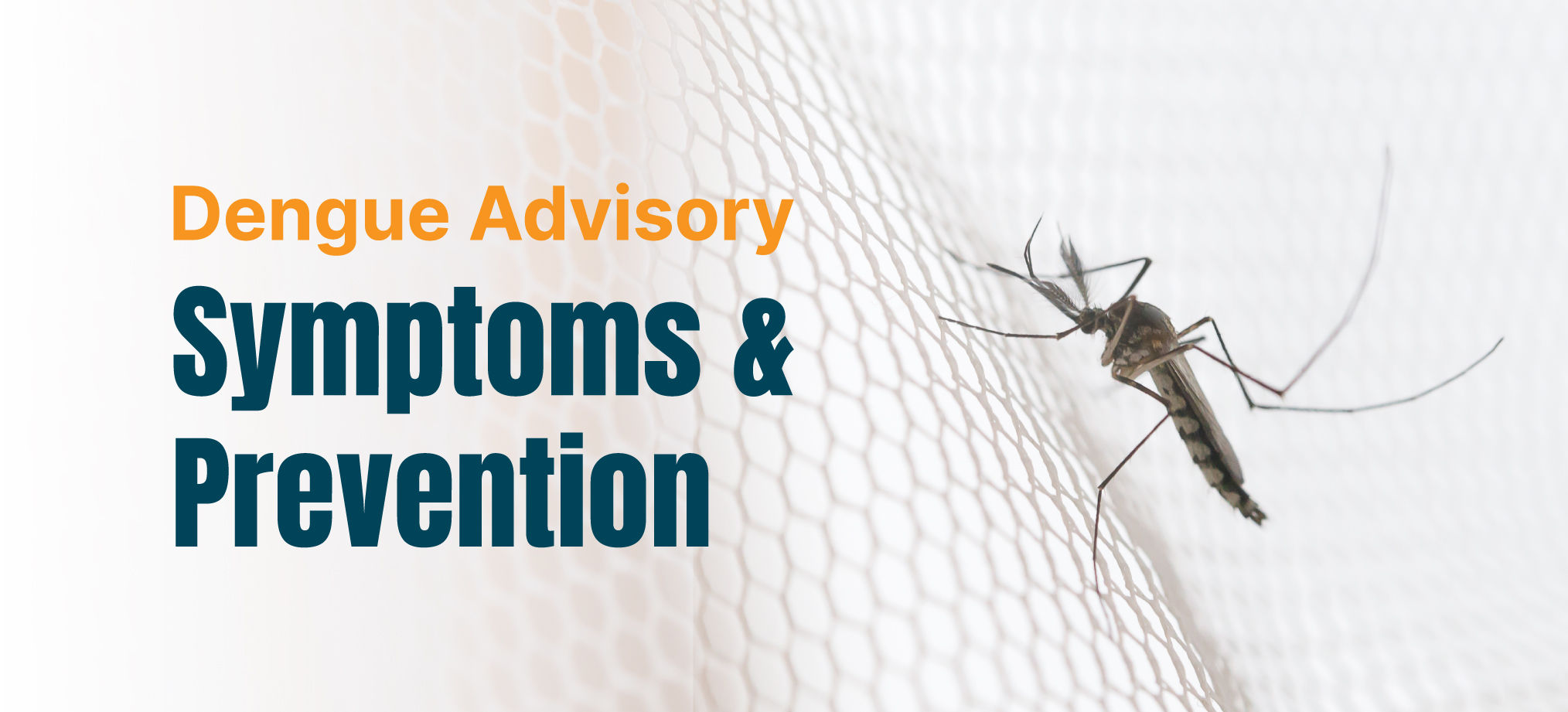General Health
How Does Chemotherapy Work?
4 min read
By Apollo 24|7, Published on - 30 November 2022, Updated on - 23 July 2023
Share this article
0
232 likes

Are you are shattered by the news of being diagnosed with “cancer”? Are you lost with the medical jargon? More than the anxiety of cancer, is it the treatment plan that is killing you? If cancer is deadly, the remission plan has to be full-proof.
In terms of sustainability of the treatment, the medical jumbos have chemotherapy besides radiation and AI-assisted robotic surgeries to back you.
Chemotherapy refers to containing the spread of cancer by killing the cancerous cells. The medications used in this therapy are targeted wisely in resonance with the goal of treatment.
Learn about chemotherapy and how it works to kill cancer cells, to make an informed decision in your battle against cancer!
Also, Read | 7 Warning Signs of Cancer
What Is Chemotherapy?
Chemotherapy (chemo) is the treatment of cancer by means of medications. The chemo drugs act by destroying the rapidly multiplying cancer cells terminating their spread. Some chemotherapy medications cause cell death by destroying the cell's control center, while others prevent cells from completing their chemical processes during cell division.
The ultimate goal of chemotherapy can be broadly grouped under 4 categories:
- Curative Chemotherapy: The aim is to eradicate all the cancerous cells from the body in totality.
- Adjuvant Chemotherapy: The aim is to prevent recurrence by eliminating left-out cancer cells post-surgery
- Neoadjuvant Chemotherapy: The aim is to reduce the tumour size to make surgical removal lesser invasive.
- Palliative Chemotherapy: The aim is to just improve the quality of life by slowing down the process of cancerous growth, which is no longer manageable.

Also, Read | How Do Cancers Start?
How Is Chemotherapy Done To Kill Cancer Cells?
Chemotherapy can be administered in various ways and in a varying number of cycles basis the severity of the cancer. It no longer requires extended hospital stays. The treatment can be started even at home, using pills. But if there is a significant risk of infection or if doctors need to assess kidney function frequently, then hospital admission becomes mandatory.

Types of Chemotherapy
This cancer treatment is typically tailored to factors such as cancer kind, stage, general health, and patient preference. In addition, there are many forms of chemotherapy, such as:
- Chemotherapy Shots: Chemotherapy drugs are administered intravenously
- Chemo Creams: Some forms of skin cancer respond to the topical application of chemotherapy creams or gels.
- Chemotherapy Infusions: When treating cancer, the medicine is administered intravenously by inserting a tube with a needle into a vein in the arm or into a device in a vein in the chest, and then slowly releasing the drug into the vein.
- Chemotherapy Pills: Medications for treating cancer come in the form of pills or capsules.
- Chemotherapy Surgery: During the surgery, thin disk-shaped wafers are inserted into the body at the site of the cancer or tumor. Over time, the device breaks down and releases cancer medications. When a tumor's blood supply is blocked, chemotherapy medications may be administered directly into the vein or artery.
Cycles of Chemotherapy
Cancer treatment, including chemotherapy, typically takes place in cycles lasting many months. This means a cancer patient may receive a single medicine or a regimen of drugs.
The number of cycles and the gaps between each treatment are influenced by a number of factors, including how long the drug takes to take action, how long it takes the body to heal, and how long the treatment will last in total.
Possible Side Effects of Chemo
While cancer treatment drugs work on cancer cells by damaging them, it also affects healthy cells. Some common side effects include:
- Fatigue
- Nausea and vomiting
- Lethargy
- Mouth sores
- Hair loss
- Constipation
- Loss of appetite
- Anemia
Final Note
Chemotherapy is a highly successful means of treating cancer, but it also has the unfortunate side effect of killing healthy cells along with malignant ones. The intensive damage that occurs within leaves the individual fighting the battle physically and mentally broken.
Early diagnosis is imperative for the success of cancer treatment by means of chemotherapy. It is in your best interest to schedule a cancer screening once a year. This allows oncologists to help you fight the deadly disease and live a quality life!
Consult Apollo’s Leading Oncologists
Medically Reviewed by Dr. Dhanunjay Reddy B
General Health
Leave Comment
Recommended for you

General Health
Diet and Nutrition Guide for Kidney Patients
Learn about the essential diet and nutrition guidelines for kidney patients to manage kidney disease effectively

General Health
How to Prevent the Deadly Dengue Fever
Currently, no vaccine is available for dengue. Therefore, preventing mosquito bites is the only way to prevent dengue.

General Health
Hypocalcaemia: What Happens When Your Calcium Levels Are Too Low?
Hypocalcaemia is often the result of underlying health problems or medical treatments such as kidney failure, the surgical removal of the stomach, or the use of certain medications like diuretics. Moreover, it can also be a result of excess parathyroid hormone secretion or a high level of vitamin D. Know ways to treat and prevent it.
Subscribe
Sign up for our free Health Library Daily Newsletter
Get doctor-approved health tips, news, and more.
Visual Stories

Could There Be More to Your Snore?
Tap to continue exploring
Recommended for you

General Health
Diet and Nutrition Guide for Kidney Patients
Learn about the essential diet and nutrition guidelines for kidney patients to manage kidney disease effectively

General Health
How to Prevent the Deadly Dengue Fever
Currently, no vaccine is available for dengue. Therefore, preventing mosquito bites is the only way to prevent dengue.

General Health
Hypocalcaemia: What Happens When Your Calcium Levels Are Too Low?
Hypocalcaemia is often the result of underlying health problems or medical treatments such as kidney failure, the surgical removal of the stomach, or the use of certain medications like diuretics. Moreover, it can also be a result of excess parathyroid hormone secretion or a high level of vitamin D. Know ways to treat and prevent it.